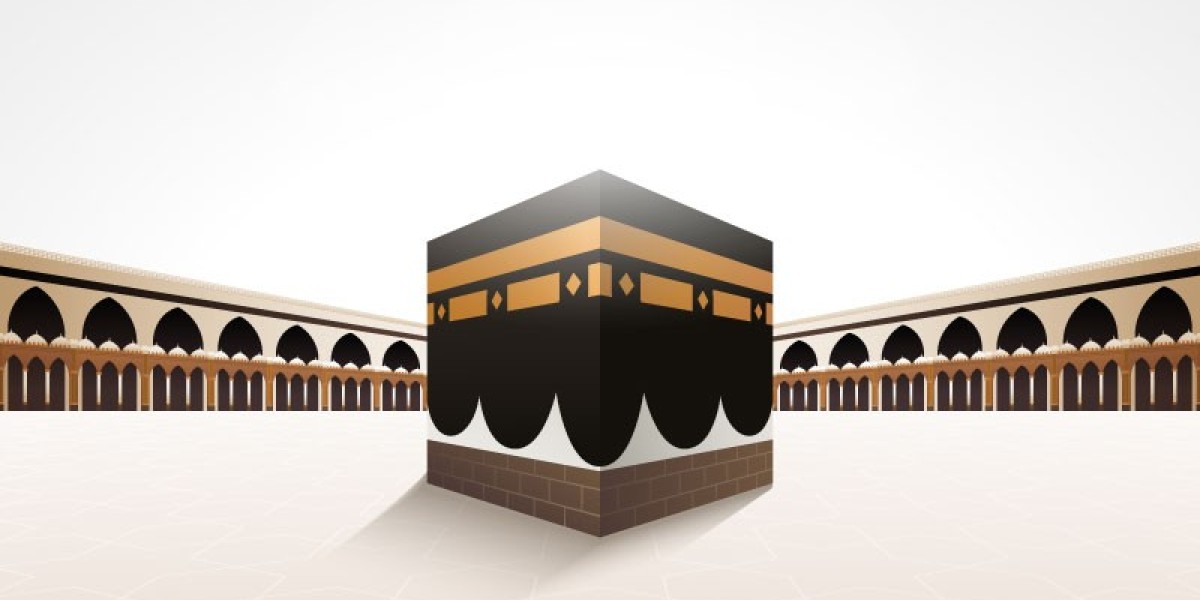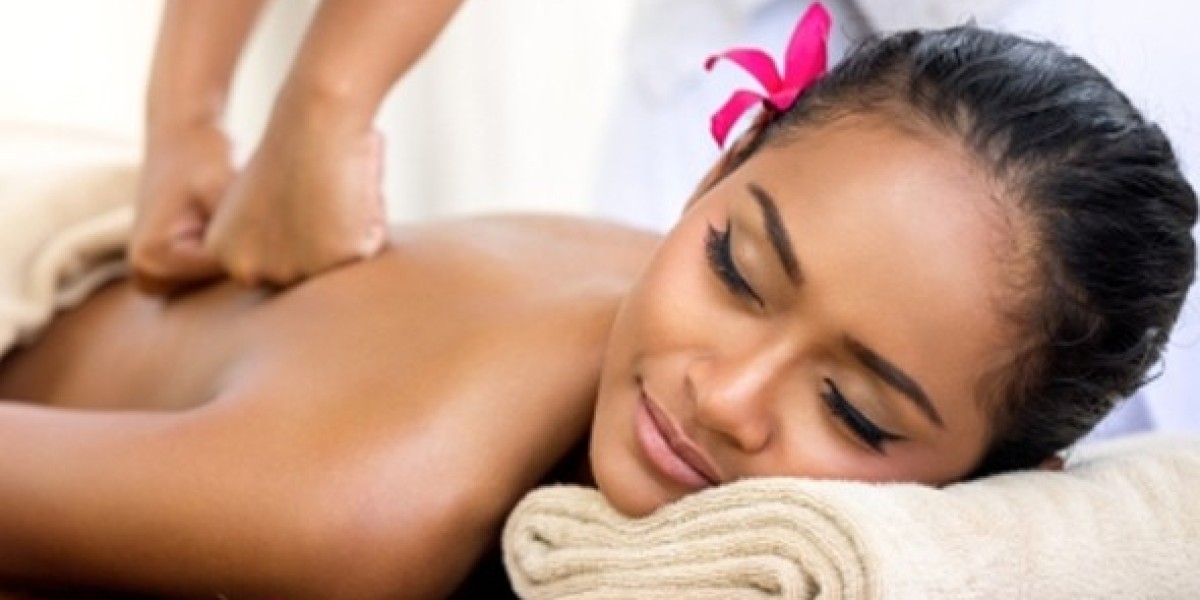Embarking on the spiritual journey of Umrah is a deeply profound experience. It’s a time of reflection, prayer, and devotion. However, the physical demands of this sacred pilgrimage, particularly the extensive walking involved in performing the rites of Tawaf and Sa’i, visiting holy sites, and simply navigating the crowded streets of Makkah and Madinah, can often be a source of unexpected discomfort. When your feet are sore, it can be difficult to maintain the focus and presence of mind required for such a significant spiritual act. Proper foot care, therefore, is not a minor detail to be overlooked; it is a fundamental part of your preparation, a necessity that allows you to give your full attention to the purpose of your journey. This guide will walk you through everything you need to know, from preparing your feet weeks in advance to daily care and a simple packing list, ensuring your pilgrimage is as comfortable as it is meaningful.
Section 1: Pre-Umrah Preparation (Weeks Before)
The journey to comfortable feet during Umrah begins long before you even board your flight. The weeks leading up to your departure are the most important time for preparing your body for the physical exertion ahead.
1.1. The Right Footwear: A Pilgrim's Most Important Gear
Choosing the right footwear is arguably the most critical decision you will make. For men in a state of Ihram, the religious requirement is to wear open sandals that do not cover the ankle. The key here is to find a pair that is both supportive and comfortable. A brand-new pair of sandals, no matter how stylish, can lead to painful blisters and chafing. Make sure to buy your sandals at least a month in advance and wear them regularly. This "break-in" period will soften the material, mold the shoe to the unique shape of your foot, and help you identify any areas that might cause irritation.
For women, while the footwear rules are less restrictive, the goal remains the same: comfort and support. Opt for well-fitting walking shoes, supportive flats, or sports sandals with good cushioning. The sheer amount of walking on hard surfaces means you need a sole that can absorb impact. Avoid fashionable but impractical footwear like high heels, ill-fitting shoes, or anything that pinches or rubs. Just like with men's sandals, you must wear your chosen shoes for a few weeks before your trip. This simple step can save you a world of pain and ensure that every step you take is a comfortable one, allowing you to enjoy every moment, whether you've booked an all-inclusive umrah package 5 star hotel with shorter walks to the haram or a place further away.
1.2. The Power of Practice Walks
Your feet need conditioning. Start incorporating daily walks into your routine, wearing the exact footwear you plan to use for Umrah. Begin with short distances and gradually increase the duration and intensity. This practice serves two main purposes. Firstly, it builds the stamina of your foot and leg muscles, preparing them for the marathon of walking that Umrah entails. Secondly, it is the ultimate test for your chosen footwear. If your shoes or sandals cause discomfort after a few practice walks, you still have time to find a more suitable pair. This simple exercise is a proactive measure that can prevent a lot of pain later on.
1.3. Pre-emptive Foot TLC
Give your feet a little extra love and care before you travel. A professional pedicure can be a game-changer. They will trim your nails correctly to prevent painful ingrown toenails and file down any hard calluses that could become pressure points. If a professional service isn't an option, a simple at-home routine of clipping your nails straight across and using a pumice stone to gently smooth rough patches is a great alternative. Additionally, make it a habit to moisturize your feet daily. This keeps the skin soft and supple, reducing the chance of painful cracking and friction that can lead to blisters.
Section 2: Daily Care During the Pilgrimage
Once you have arrived in the Holy Land, a daily foot care routine is essential. The warm climate and constant walking require vigilance.
2.1. The Daily Cleanse: Keeping Feet Dry and Hygienic
Washing your feet is a part of every Wudu (ablution), but it's crucial to take an extra moment to thoroughly dry them afterwards, especially between the toes. Moisture can lead to skin softening and an increased risk of fungal infections or maceration, which is when the skin breaks down and becomes more vulnerable. Once your feet are completely dry, a light dusting of foot powder can help absorb excess sweat throughout the day, keeping your feet fresh and reducing friction.
2.2. The Blister Battle Plan: Prevention is Key
Blisters are the number one enemy of a pilgrim's feet. They are caused by repetitive friction and can quickly turn a spiritual walk into a painful ordeal. The best approach is prevention. Before you begin your day, identify potential "hot spots" on your feet—areas that are prone to rubbing. These are typically the back of the heel, the sides of the toes, or the ball of the foot. Apply a small piece of moleskin or a blister plaster to these areas before you start walking.
If, despite your best efforts, a blister does form, it’s vital to handle it correctly. Do not pop it. A blister's skin acts as a natural sterile bandage. Clean the area gently with an antiseptic wipe, apply a special blister plaster that provides cushioning, and let it heal naturally. Popping it increases the risk of infection and will likely make the area more painful.
2.3. Soothing Aches and Swelling
At the end of a long day of walking and spiritual duties, your feet are going to be tired. This is a normal part of the process. To soothe aches and reduce swelling, take some time to care for them. Give yourself a gentle foot massage, focusing on the arches and heels to release tension. If possible, a brief soak in cool water can work wonders by reducing inflammation and providing instant relief. Finally, when you lie down to rest, prop your feet up on a pillow or a rolled-up towel. Elevating your feet helps improve blood circulation and minimizes swelling. If the pain is more severe, you can consider an over-the-counter pain reliever, but always be sure to consult with a doctor or pharmacist beforehand.
Section 3: What to Pack: Your Essential Foot Care Kit
Having a small, well-stocked foot care kit is non-negotiable. It should be lightweight and easy to carry, yet comprehensive enough to handle any minor foot emergencies.
Your kit should include:
Blister Plasters and Moleskin: These are your first line of defense against friction. Blister plasters are especially useful as they are designed to cushion the area and stay in place longer.
Antiseptic Wipes and Cream: To clean and protect any minor cuts or broken skin.
Moisturizing Lotion or Foot Cream: To keep your feet from becoming dry and cracked, especially after a long day in a hot, dry climate.
Foot Powder: For keeping your feet dry and odor-free.
Nail Clippers and a Small File: For any necessary mid-trip touch-ups.
Moisture-Wicking Socks: If you are a woman wearing closed shoes, pack several pairs of high-quality, moisture-wicking socks. These are far superior to cotton socks, which trap moisture and can contribute to blisters. This is a common oversight for people booking umrah packages from california who may not be accustomed to the heat and humidity.
A Small, Lightweight Foot Roller or Massage Ball: A simple tennis ball or a specially designed foot roller can provide a deep, satisfying massage to tired arches.
Conclusion
Your Umrah journey is a sacred time dedicated to worship and spiritual growth. The last thing you want is to be distracted by the physical discomfort of aching, blistered feet. By taking the time to prepare properly, maintaining a simple daily care routine, and packing a few essential items, you can ensure that your feet are in top condition for every step of your pilgrimage. Caring for your body is a form of worship in itself, a way of showing gratitude for the health and strength that has allowed you to undertake this blessed journey. With comfortable feet, you are free to focus your heart and mind completely on your prayers, making your Umrah a truly peaceful and fulfilling experience.







